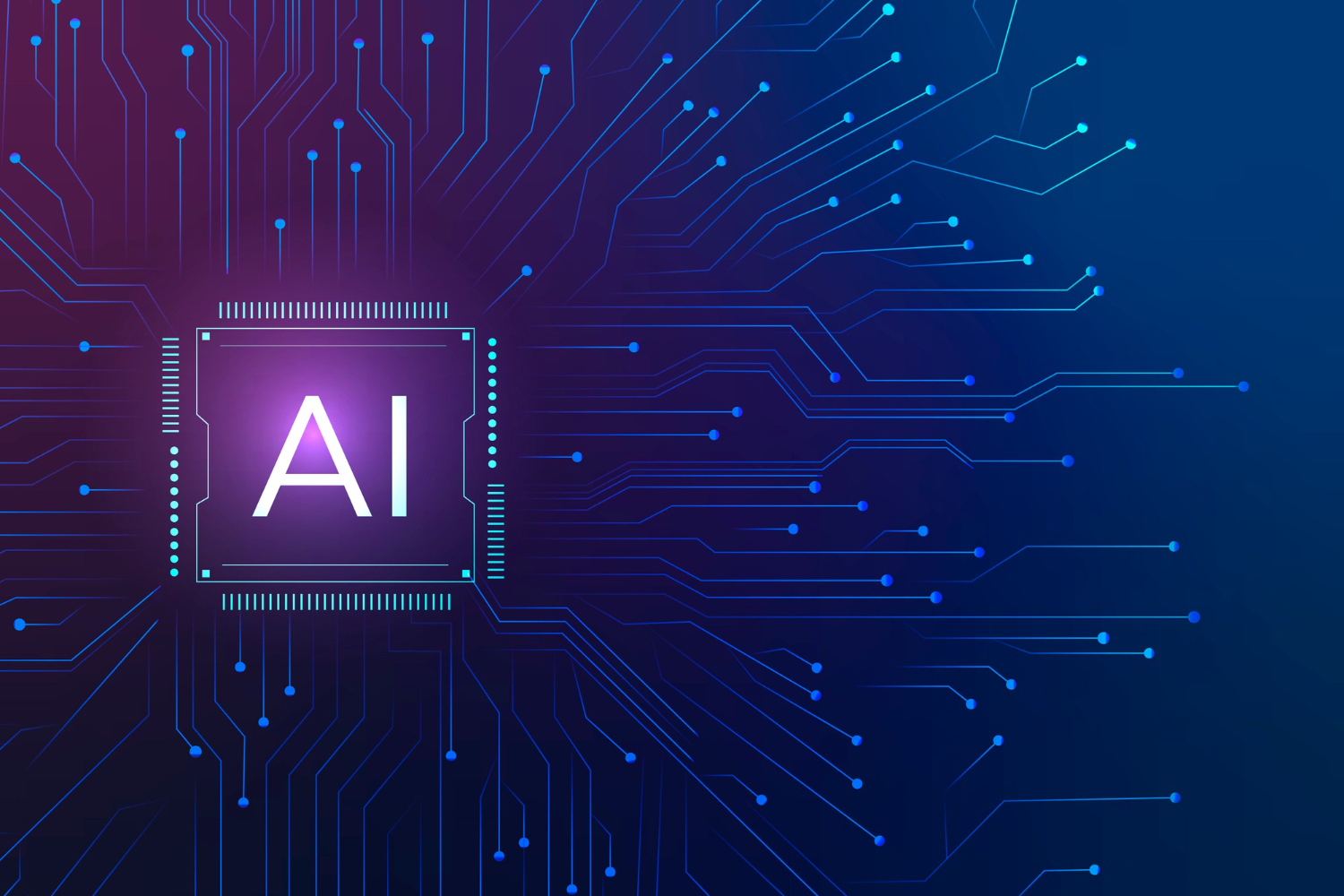A.I. and ChatGPT will influence jobs, creating new roles

The rapid advancement of AI technologies, including generative artificial intelligence and chatbots, has the potential to significantly impact the job market across various industries.
A recent report by Goldman Sachs estimates that approximately 300 million global jobs could be exposed to automation, and one-fourth of all work could be replaced by generative artificial intelligence. With chatbots now able to write content and create visuals, AI threatens to disrupt jobs like designers and software engineers and take over a wide range of repetitive work tasks now handled by humans.
But is true?
Changes to labor markets are therefore likely – although historically, technological progress doesn’t just make jobs redundant, it also creates new ones.
The use of AI technology could also boost labor productivity growth and boost global GDP by as much as 7% over time, Goldman Sachs’ report noted.
The concerns aren’t surprising, says Steve Chase, consulting leader at KPMG U.S. “As with most technological advancements, an initial fear of job loss and displacement among workers is natural.”
However, it is crucial to keep several points in mind, he adds. First off, similar disruption has happened before: for example, the spread of computers, or more advanced and specialized machines in factories.
These changed the way people work and what type of work they do — and they did make some jobs redundant — but today, we can’t imagine life without them. This is a centuries-old process adding that history shows if jobs are lost to new technology, other roles have been created in their place.
The integration of AI into the workforce is more likely to involve working alongside AI systems rather than being replaced by them entirely. While current AI models excel at predicting responses based on existing data, they have limitations in terms of creating new knowledge. This highlights the importance of humans in synthesizing information and generating novel ideas.
The potential of AI lies in augmenting human work rather than fully automating it. Many businesses are already leveraging AI to enhance efficiency and support employees in their roles. By automating repetitive tasks, AI can free up time for workers to focus on more strategic and value-added activities.
To successfully incorporate AI into the workplace, businesses must adapt and provide support for their employees. This includes investing in employee education, upskilling, and reskilling initiatives. It's crucial to create frameworks that guide the responsible use of AI technology and ensure ethical considerations are taken into account.
While AI algorithms and technology will likely become increasingly prevalent in everyday working life, it's important to remember that human skills such as critical thinking, creativity, and empathy are still highly valuable and not easily replaceable by AI. The collaboration between humans and AI systems can lead to improved productivity, decision-making, and overall job satisfaction.
READ FULL REPORT